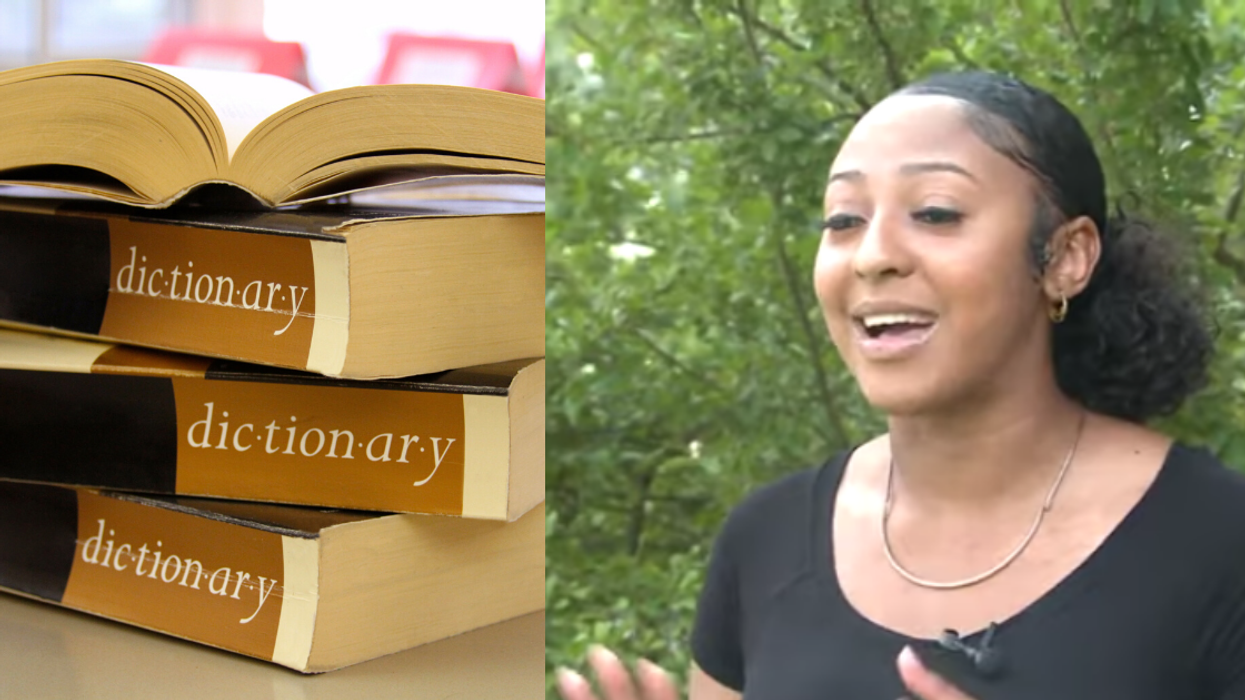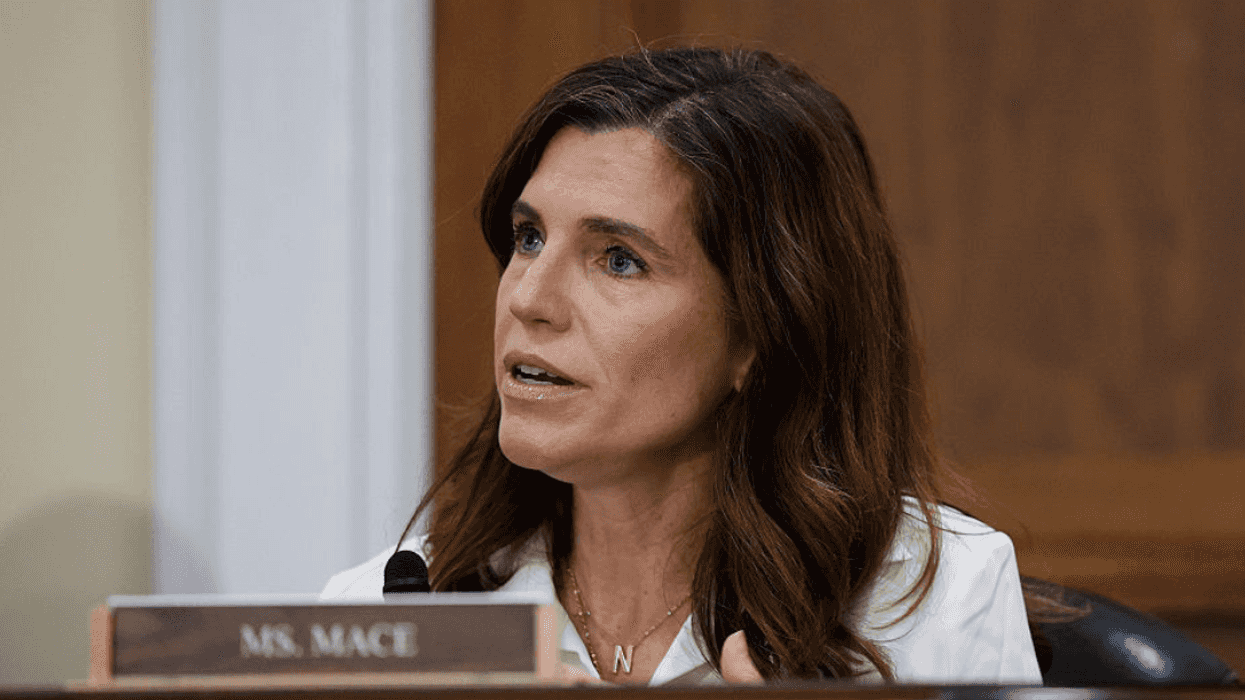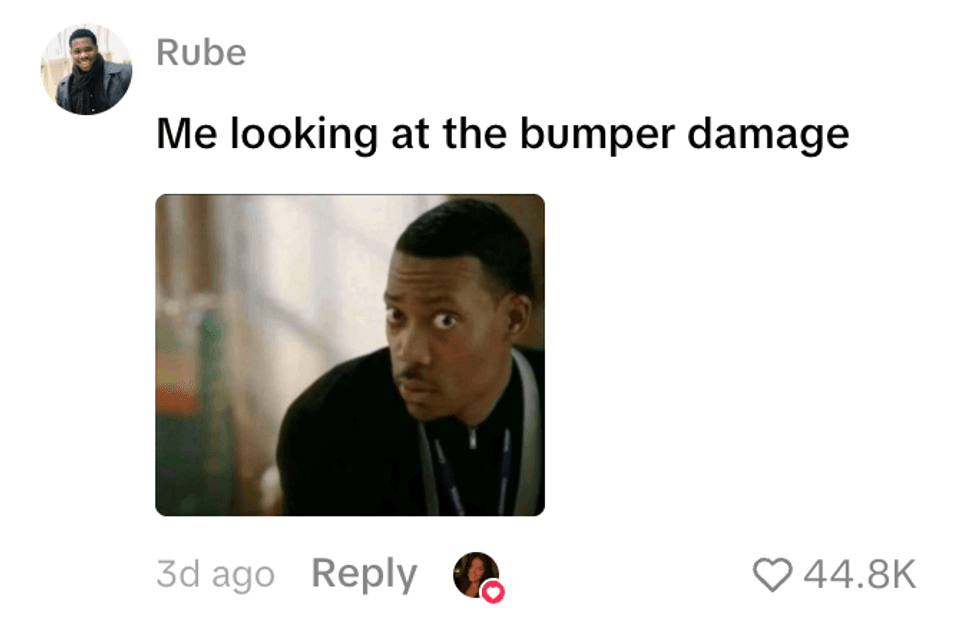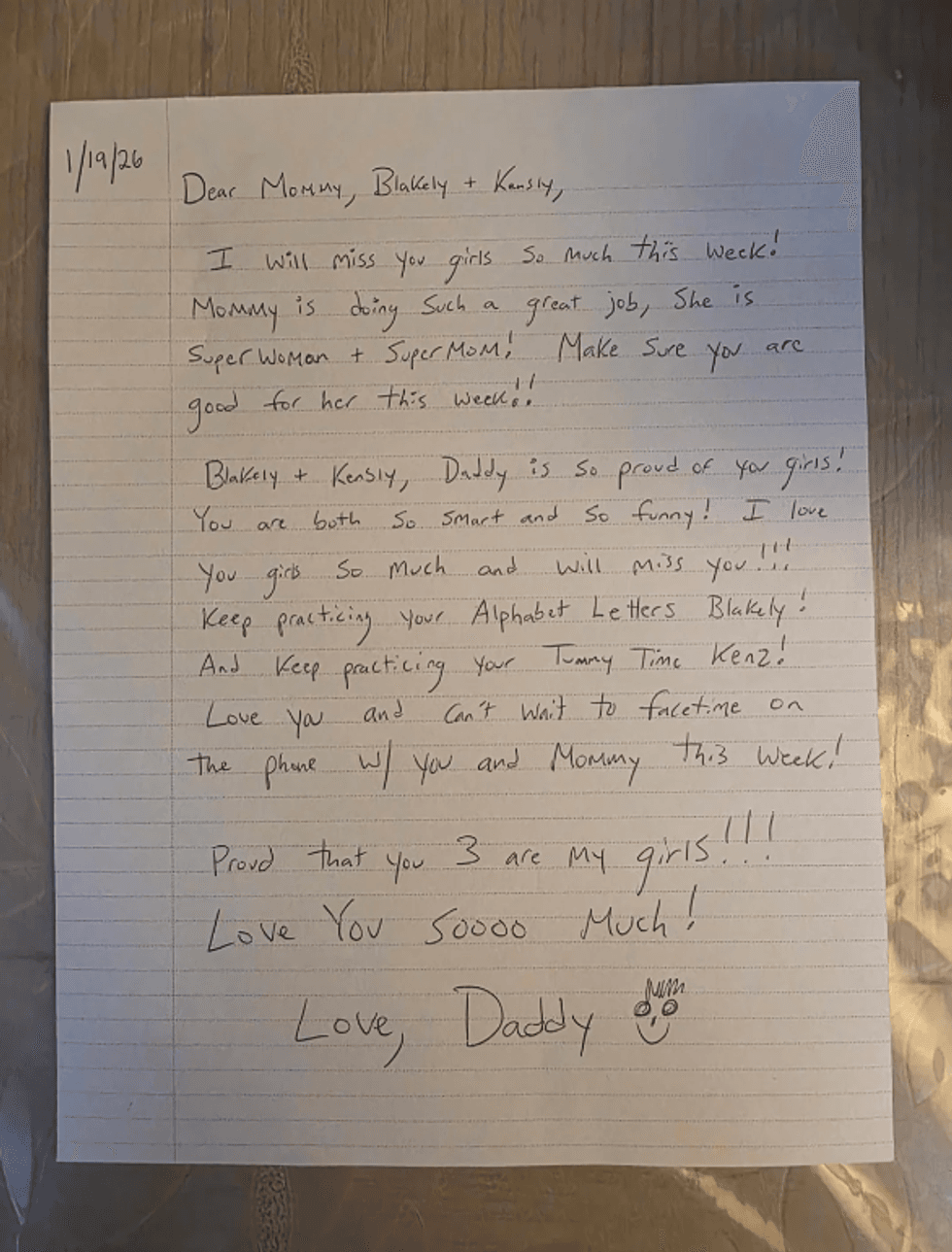Kennedy Mitchum, a recent college graduate in Missouri, began questioning in the past couple weeks the definition of racism that is presented in the Merriam-Webster dictionary.
Mitchum explained that she's heard many people cite the definition, verbatim, but the use of the definition didn't ring true for the actual depth of the concept being discussed.
Mitchum stated:
"So, a couple weeks ago, I said this is the last argument I'm going to have about this. I know what racism is, I've experienced it time and time and time again in a lot of different ways, so enough is enough. So, I emailed them about how I felt about it. Saying this needs to change."
"With everything going on, I think it's important everyone is on the same page."
Mitchum meant this last statement very literally, as she reached out to the Merriam-Webster staff repeatedly, hoping to make a change.
She hoped with a more complete definition of the term, people will not only talk about it differently, but view the concept differently, too.
Here is the current definition in the Merriam-Webster Dictionary:
"Racism is a belief that race is the primary determinant of human traits and capacities and that racial differences produce an inherent superiority of a particular race."
Mitchum explained she felt the definition was over-simplified.
"I kept having to tell them that definition is not representative of what is actually happening in the world. The way that racism occurs in real life is not just prejudice it's the systemic racism that is happening for a lot of black Americans."
Mitchum suggested instead:
"I basically told them they need to include that there is systematic oppression on people. It's not just 'I don't like someone,' it's a system of oppression for a certain group of people."
Mitchum heard back from the Merriam-Webster staff.
They agreed to begin drafting a more complete definition of the term that not only includes its current elements, but incorporates systemic use, as well.
An editor of Merriam-Webster, Alex Chambers, stated:
"While our focus will always be on faithfully reflecting the real-world usage of a word, not on promoting any particular viewpoint, we have concluded that omitting any mention of the systemic aspects of racism promotes a certain viewpoint in itself."
You can view more about the staff's thoughts here:
Florissant woman helps change Merriam Webster's definition of racismyoutu.be
Peter Sokolowski, on staff at Merriam-Webster, further explained that the second and third definitions of racism included in the dictionary will be further clarified, as well, in an attempt to fully explore the complexities of race.
Sokolowski stated:
"This is the kind of continuous revision that is part of the work of keeping the dictionary up to date, based on rigorous criteria and research we employ in order to describe the language as it is actually used."
Sokolowski also stated that the team intends to include the definition in their next print-run edition, though probably not before that.
"We are examining the evidence and drafting any revisions accordingly; the revised entry will not be finalized until it's been through our editorial process, and we don't anticipate releasing it to the public before our next dictionary update."
Many Twitter users took heart at the news and Mitchum's efforts.
This brings me joy! Words matter!
— Ms. G 😷🏥❤️🌈🐕🦺🤸🏿♂️☕️ (@ConitaMorenita) June 9, 2020
Honestly this is SO INSPIRING. Way to use your education and life experience to shape the future 🙌🙌🙌 Queen
— Sarx (@SunnyFreezin) June 9, 2020
An actual trailblazer 👏🏾👏🏾 @__kenmitch so proud!!!https://t.co/ESxxNJlCj4
— G's fave daughter 💯 (@oluwa_imek) June 9, 2020
@JeanetteInMN This is amazing! I am grateful for her persistence. I am grateful for Merriam Webster recognizing the need to clarify the definition of Racism. https://t.co/4FbWYzN2H3
— Marly Silverman (@MarlyCSilverman) June 10, 2020
Chambers was grateful to Mitchum for her persistence in reaching out and sent her a thank-you email.
"This revision would not have been made without your persistence in contacting us about this problem. We sincerely thank you for repeatedly writing in and apologize for the harm and offense we have caused in failing to address the issue sooner. I will see to it that the entry for racism is given the attention it sorely needs."
Though it may not always feel like we're making a big difference by voting, calling our governors, or sending out emails, sometimes we create much more of an impact than we ever thought we would.















 Awkward Pena GIF by Luis Ricardo
Awkward Pena GIF by Luis Ricardo  Community Facebook GIF by Social Media Tools
Community Facebook GIF by Social Media Tools  Angry Good News GIF
Angry Good News GIF 
 Angry Cry Baby GIF by Maryanne Chisholm - MCArtist
Angry Cry Baby GIF by Maryanne Chisholm - MCArtist 
 @adriana.kms/TikTok
@adriana.kms/TikTok @mossmouse/TikTok
@mossmouse/TikTok @im.key05/TikTok
@im.key05/TikTok @biontrtwff101/TikTok
@biontrtwff101/TikTok @likebrifr/TikTok
@likebrifr/TikTok @itsashrashel/TikTok
@itsashrashel/TikTok @ur_not_natalie/TikTok
@ur_not_natalie/TikTok @rbaileyrobertson/TikTok
@rbaileyrobertson/TikTok @xo.promisenat20/TikTok
@xo.promisenat20/TikTok @weelittlelandonorris/TikTok
@weelittlelandonorris/TikTok @katiebullit/TikTok
@katiebullit/TikTok @rube59815/TikTok
@rube59815/TikTok
 u/Fit_Bowl_7313/Reddit
u/Fit_Bowl_7313/Reddit